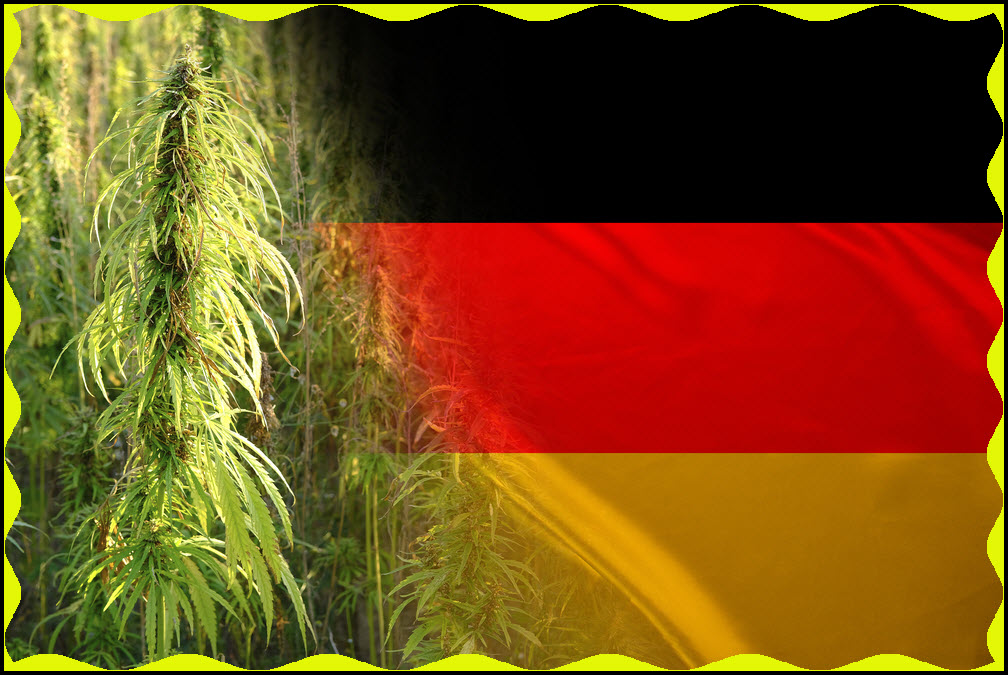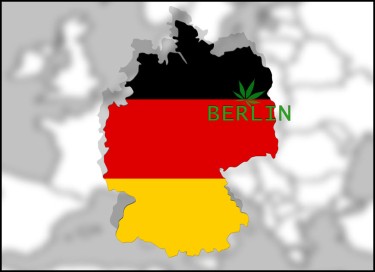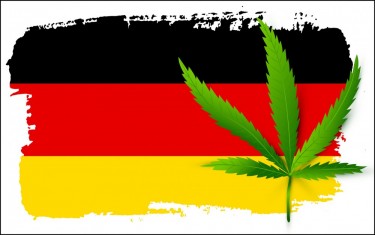
Is it legal to sell CBD and hemp in Germany?
There are so many gray areas in cannabis laws. One of them is the right to sell hemp and CBD products in Germany. Last week the case was brought to court to determine whether or not it is legal. This lawsuit could do something tangible for international cannabis companies that bring such products into the country.
European countries are currently grappling with the legalities of cannabis reform. The entire conversation is still limited to carving out the sticky and gray areas in the industry’s legal territory. There have been victories and inconclusive cases over the years, and some of those cases are still ongoing. Regardless of these achievements, the overall outlook for cannabis reforms has yet to be clarified.
The European Union has not yet approved cannabis reform and still considers cannabis a prohibited substance. While many countries try to wade through the murky waters of cannabis reform, others have chosen to stick with the EU definition of what cannabis and cannabinoids are. Many cannabis reforms must be challenged or brought before the courts before lawmakers can act. For example, Germany has been in its medical marijuana program for 4 years, so to date.
Lawmakers prefer to remain on the fence in these cases until reforms are successfully challenged and enforced in court. In this case, proponents cannot use EU law to substantiate the challenges of legal cannabis reform as it would be illogical to do so. In a way, these lawsuits are fighting for a change in existing EU cannabis laws.
Discussion about hemp in Germany
Germany has legalization for medical cannabis reforms, but has yet to clarify if this includes CBD and hemp products. Germany also approved recreational marijuana reform as a country starting in 2022. This long-overdue case has stalled for so long, but now the groundwork is being laid and taken to court, much to the delight of many cannabis advocates. This lawsuit seeks to clarify the definition and perspective of what CBD and hemp products are. It would also set a specific limit on the THC levels allowed in hemp plants and CBD-derived products. Additionally, the court will finally issue detailed rules governing the sale of hemp and CBD — whether it’s legal to sell just the extracts or the flower, or both.
This legal challenge will eliminate most of the gray areas surrounding hemp and CBD, both of which are considered medicinal cannabis products in some legal countries. For now, the lawsuit has stalled. Many leading European lawmakers claim that CBD-derived drugs can only be fully legalized through reforms to the Federal Narcotics Act. In most European countries, resistance to cannabis reform is the longest-lasting in the legislative chambers.
Despite the now well-established medical cannabis market in Germany, there are regular incidents such as police raids and arrests that lead to the confiscation of CBD items from cannabis or grocery stores. European cannabis advocates have said it should be inexcusable. These embarrassing incidents are mainstream, with police going so far as to procure items containing only trace amounts of CBD. On the other hand, the French were able to put a stop to it and also specified the law on CBD and hemp.
In Germany, the automatic response to CBD and total cannabis terms is to direct the response to the BtMG and then state that it must not be rushed. For a country with one of the largest medical cannabis markets in the world, Germany should already have complete reforms. The new administration stated that reforms of recreational cannabis would be a priority during this term. However, they have yet to come up with a concrete plan for how the problem will develop. Regardless, their commitment to recreational reform is enough to eliminate the gray areas surrounding CBD and hemp.
The legal perspective
The Treaty on the Functioning of the European Union (TFEU) provides for the principle of the free movement of goods to Germany (Article 34 TFEU). The section shows that German countries are authorized to dispense and sell CBD flower and concentrates manufactured by or imported into the country. Current laws make it difficult to determine where domestically manufactured cannabis products fully belong.
Last April, the court ruling in the Kanavape case served as a model for lawsuits before the Federal Office of Consumer Protection and Food Safety (BVL). The German cannabis companies claimed it was legal to import CBD-derived products legally manufactured in other European countries. The BVL rejected these claims and subsequently rejected the applications of these companies.
The companies went back to the drawing board and decided to file a lawsuit with the Braunschweig Regional Court a few months later. Shortly before the end of the year, the administrative court rejected all cannabis applications. The court defended its claim that the BVL was entitled to reject the applications because of the risks they posed to public safety and the general interest.
The amazing thing about this mumbo-jumbo court case is that the product in question is hemp tea. The basis of the matter is that THC extracted from hemp plants can range from 0.02 percent to 0.03 percent. The companies have decided to advise the federal government on amending the Narcotics Act. Fortunately, amendments were made last March that CBD is not an intoxicating substance. It is left only to the country to adopt these changes.
These lawsuits imply that the legal challenge has high potential to change German cannabis laws. Kai-Friedrich Newman, the team’s lead attorney, says this challenge could be Germany’s “Kanavape case.”
bottom line
The statement by the Coalition Implementing Recreational Reform has reignited an in-depth discussion on cannabis reform and how the Narcotics Act could be reformed. This legal challenge is a significant case that could solidify new legal cannabis reform. The success of this challenge could serve as a model for other countries to take similar action. Should the court decide to issue an injunction, imported CBD and hemp products will flow freely into the market while domestic products will be ignored. On the bright side, this could put more pressure on the coalition to introduce incremental legislative changes to encourage local sales of CBD and hemp.
GERMANY GOES GREEN IN CANNABIS, READ MORE…

GERMANY VOTES TO LEGALIZE MARIJUANA FOR FACILITATION, READ THIS!
OR..

GERMANY WAKES UP NEW CANNABIS STARTUPS AND IDEAS!

Post a comment: